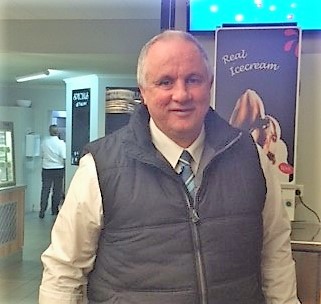
Guest speaker – John Taylor, Director of Taylor & Whitty, Solicitors. John holds a Bachelor of Arts & Law degree. John has 30 years of experience in all aspects of law.
Born in Finley, son of a lawyer.
Discussion Wills & Powers of Attorney.
A Will is a document that only has effect after you die. You appoint executors to carry out your intent as defined in the will, together with Guardians & beneficiaries. Binding nominations are often referred to with superannuation & insurance companies and can override details in a will. Joint proprietors & tenants in common – different terms when purchasing property. Joint proprietors the interest automatically passes to the survivor, whereas tenants in common share the property.
If a will is challenged when one is defending a claim on an estate, the costs are generally awarded against the party that is unsuccessful in the claim.
Generally Executors are usually family members, whereas if State Trustees are appointed there are fees involved, often Executors think they should be paid to carry out their role to carry out the wishes of the testator.
By listing someone as a Power of Attorney you are primarily giving people power to make financial & personal decisions for you, whereas the appointment of a medical treatment decision maker you are appointing someone to make decisions regarding life support. It is a powerful document where you are giving power to someone to act as you, purchasing property etc. They can have a limiting effect or total effect in the event that you develop mental issues or physical issues, if there is no power of attorney people are required to apply for guardianship which can be expensive. The most bitter cases John has worked on are estates, where litigation chews up all the funds in an estate and can fragment families.

